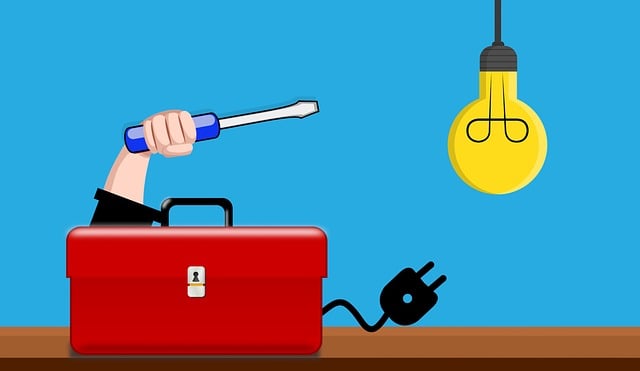Residential safety, particularly concerning electricity, is paramount. The National Electrical Code (NEC) sets out the minimum standards for electrical installations, including wiring, devices, and grounding. Updated every three years, it's a critical resource to ensure household safety and compliance with local regulations. Homeowners should always hire licensed electricians for any electrical work due to their specialized knowledge of NEC standards, which is essential for safe and effective installations, upgrades, or repairs. These professionals not only reduce fire, shock, and other hazard risks but also contribute to the long-term performance and reliability of a home's electrical system. Regular inspections by skilled electricians are vital for maintaining and upgrading your electrical infrastructure, providing peace of mind regarding safety and efficiency.
Professional electricians are key in ensuring electrical integrity across residential and commercial environments by adhering to complex codes and standards. They are trained to handle installations, maintenance, and repairs with a focus on safety, efficiency, and compliance with regulations. Regular inspections by these experts prevent overloading, faulty equipment, and other issues that could lead to accidents or property damage.
Electrical safety inspections by licensed electricians are mandatory for maintaining the functionality and safety of electrical systems in properties. These professionals identify potential hazards, rectify issues, and confirm that the system can support a property's energy needs while extending the lifespan of components through maintenance. Regular checks ensure adherence to current safety standards and prevent larger problems from arising.
While DIY electrical projects might seem appealing, they come with significant risks. It's crucial to understand local codes and safety protocols, and for complex tasks or substantial system alterations, professional assistance from a licensed electrician is necessary. Safety should always be the priority, and entrusting professional electricians with electrical work ensures compliance with regulations and maintains a secure living environment.
Ensuring the safety and integrity of your home’s electrical system is paramount. This article delves into the critical aspects of maintaining compliance with electrical safety regulations, a task best handled by licensed electricians. We will explore the intricacies of homeowner responsibilities, common hazards that pose significant risks, and the necessity of regular inspections and maintenance for your electrical infrastructure. Additionally, we’ll guide you through the safest approaches to undertaking DIY electrical projects, emphasizing when professional expertise is indispensable. Understanding and implementing these measures are key to protecting your home from potential electrical dangers.
- Understanding Electrical Safety Standards for Homeowners
- The Role of Licensed Electricians in Ensuring Compliance and Safety
- Common Electrical Hazards and How to Mitigate Them
- The Importance of Regular Electrical Inspections and Maintenance
- Best Practices for DIY Electrical Projects: When to Call a Professional Electrician
Understanding Electrical Safety Standards for Homeowners
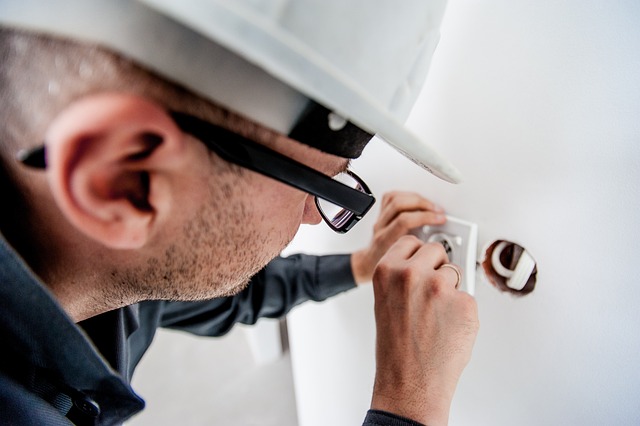
When it comes to electrical safety in the home, understanding the standards and regulations is paramount for ensuring the well-being of your household and complying with local laws. Homeowners should familiarize themselves with the National Electrical Code (NEC), which sets forth the minimum requirements for safe electrical installations. This comprehensive guide, updated triennially, covers everything from wiring techniques to device installation and grounding methods. Hiring a licensed electrician who is well-versed in these standards is essential when undertaking any electrical work, be it installing new fixtures, upgrading your service panel, or even troubleshooting minor issues like flickering lights. An expert electrician not only has the technical knowledge to apply these standards but also possesses the necessary tools and skills to perform the work safely and efficiently, minimizing the risk of electrical fires, shocks, and other potential hazards.
Engaging a professional electrician is not just a matter of adhering to safety regulations; it’s about ensuring the longevity and performance of your home’s electrical system. These professionals can conduct thorough inspections and provide valuable advice on the best practices for maintaining and upgrading your home’s electrical infrastructure. By staying informed and working with a knowledgeable electrician, homeowners can confidently maintain an electrically safe environment, safeguarding their property and the health of their family against the dangers that substandard electrical work can pose.
The Role of Licensed Electricians in Ensuring Compliance and Safety
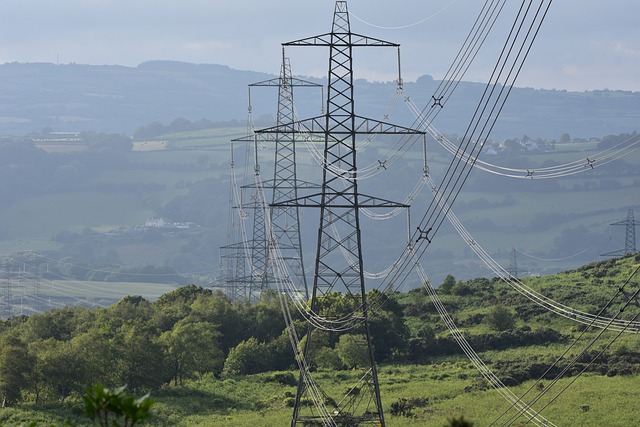
Licensed electricians play a pivotal role in upholding electrical safety and ensuring compliance with regulations within both residential and commercial settings. Their expertise is critical in interpreting complex codes and standards that govern electrical systems. These professionals undergo rigorous training and certification processes to acquire the necessary skills to safely install, maintain, and repair electrical components, thereby preventing potential hazards such as electrical fires, shocks, and power outages. By adhering to established safety protocols and utilizing high-quality materials and equipment, licensed electricians provide a level of assurance that the work complies with local, state, and national electrical codes, ensuring the protection of people and property. Their commitment to ongoing education on the latest technological advancements and safety practices further reinforces their indispensable role in the field of electrical engineering. Regular inspections and adherence to these regulations by licensed electricians contribute significantly to the reliability and safety of our homes, workplaces, and public spaces.
Common Electrical Hazards and How to Mitigate Them
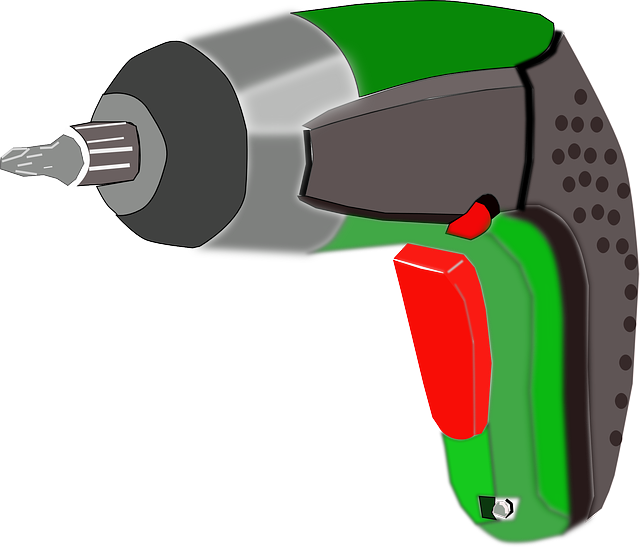
When managing electrical systems, safety is paramount to prevent accidents and property damage. Common electrical hazards include overloaded circuits, which occur when too many devices are connected to a single circuit, leading to excessive heat and potential fires. To mitigate this risk, it’s essential to ensure that the electrical load does not exceed the circuit’s capacity. Overloading can be prevented by proper planning and possibly upgrading circuits or installing additional ones.
Another significant hazard is faulty electrical equipment, which can cause electric shocks, fires, or even explosions. This includes damaged cables, incorrectly installed outlets, and old appliances that may have degraded insulation. An experienced electrician should regularly inspect and maintain all electrical installations to identify and rectify potential issues before they escalate into dangerous situations. Regular maintenance also involves checking for loose connections, ensuring all wiring is up to code, and that devices are properly grounded. By adhering to these practices, the risks associated with electrical hazards can be significantly reduced, ensuring a safer environment for everyone.
The Importance of Regular Electrical Inspections and Maintenance
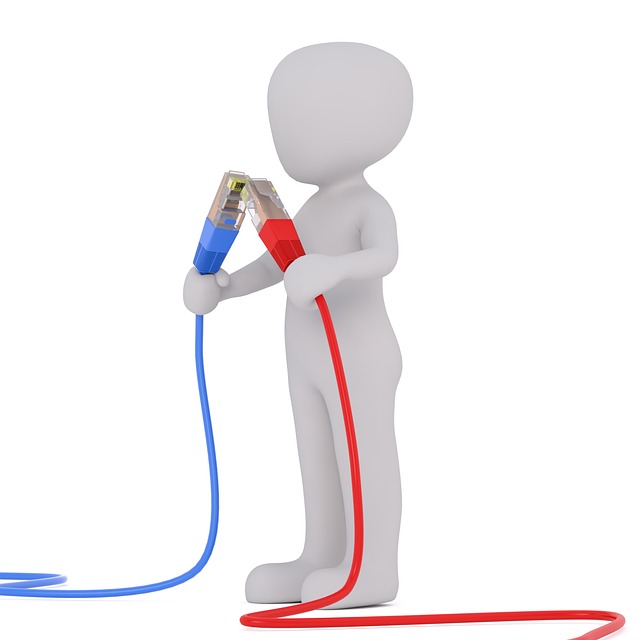
Regular electrical inspections are a cornerstone in maintaining safe and efficient electrical systems within residential, commercial, and industrial properties. These inspections, conducted by qualified electricians, serve as a proactive measure to identify potential hazards such as overloaded circuits, faulty wiring, or outdated equipment that could lead to electrical fires, shocks, or system malfunctions. By law, certain inspections are mandated at regular intervals to ensure compliance with safety regulations and to ascertain that all electrical installations are up to code. These professional assessments allow for early detection and correction of issues before they escalate into costly repairs or pose significant risks.
An electrician’s role in performing these inspections is critical, as their expertise ensures the integrity of your electrical system. They not only check for current code compliance but also assess the adequacy of your electrical service to accommodate your home or business’s evolving needs. Regular maintenance by a skilled electrician extends the lifespan of your electrical components and can prevent inconvenient outages or breakdowns. It is through consistent, professional inspections and subsequent maintenance that homes and businesses are kept safe from electrical risks and can operate with efficiency and reliability.
Best Practices for DIY Electrical Projects: When to Call a Professional Electrician
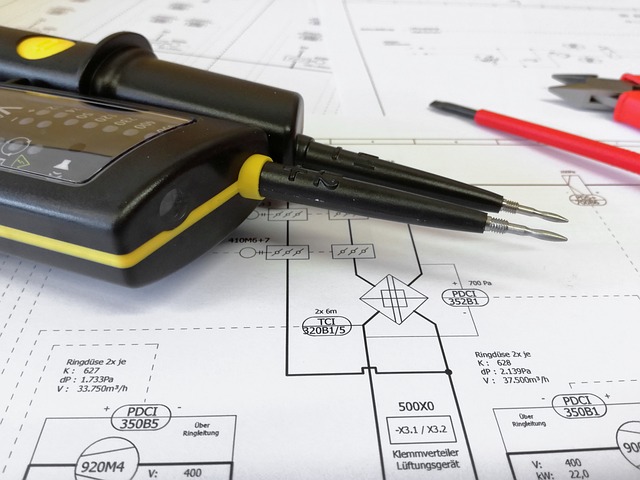
Engaging in DIY electrical projects can be both rewarding and hazardous if not approached with the necessary caution and knowledge. To ensure safety while attempting electrical work, it’s imperative to stay informed about local codes and regulations that govern such projects. The best practice is to begin by understanding the scope of your project and ensuring that you have the appropriate skills and tools required. Consulting with or under the supervision of a licensed professional electrician during complex tasks can provide valuable insights and prevent costly mistakes.
When undertaking any electrical work, one must prioritize safety above all else. If the project involves working with high voltages, making significant alterations to your home’s electrical system, or installing critical components like circuit breakers or service panels, it is advisable to call a professional electrician. These tasks are not only complex but also carry a high risk of injury or property damage if handled improperly. A qualified electrician brings the expertise and experience necessary to perform these duties safely and in compliance with all safety regulations, ensuring that your home remains a safe environment for you and your family. Always err on the side of caution; when in doubt, it’s best to have a professional handle the job to avoid any potential risks associated with electrical systems.
Ensuring the safety and integrity of electrical systems in homes is paramount, as outlined in this article. Homeowners can safeguard their dwellings by staying informed about electrical safety standards, understanding the critical role licensed electricians play in maintaining compliance and safety, recognizing common hazards, and committing to regular inspections and maintenance. When tackling electrical projects on your own, it’s essential to differentiate between tasks that can be safely managed as DIY endeavors and those that require professional intervention. By adhering to best practices and prioritizing the expertise of certified electricians for complex issues, you can effectively prevent potential risks and promote a safer living environment. Always remember, when it comes to electrical safety, it’s better to be safe than sorry—an investment in professional electrician services is an investment in your home’s safety and your family’s well-being.
